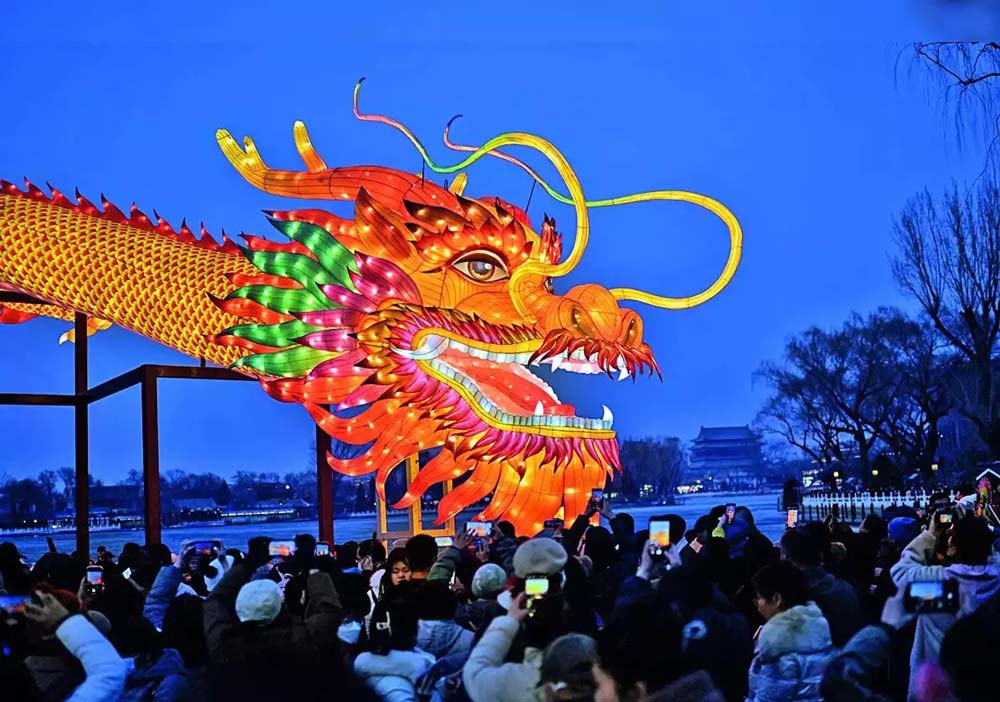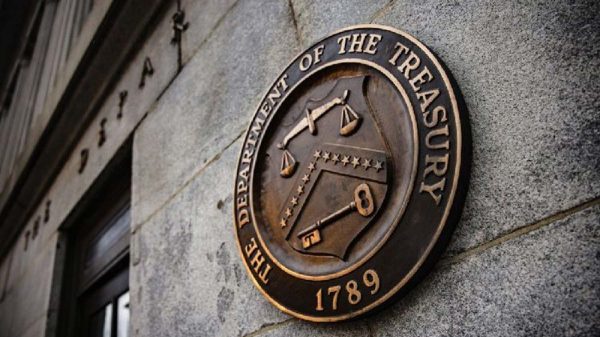During China’s recent Golden Week holiday, consumer spending patterns revealed a trend of caution and a shift towards experiential purchases. Despite a rise in domestic travel, spending per trip decreased by about 2% compared to pre-pandemic levels. Analysts from Goldman Sachs noted the continued weak domestic demand and a downgrading in consumption habits.
Key Insights
Tourism and Spending Trends:
- Tourism spending per person remained low, and prices for services were subdued.
- Nearly 20% of bookings on Trip.com came from the 20 to 25 age group, indicating their significant role in the market.
- However, the box office saw a decline, dropping to 2.1 billion yuan from 2.7 billion yuan the previous year.
Travel Behavior:
- Spontaneity in travel planning increased, with nearly 30% of travelers booking trips just a day in advance.
- The average booking window decreased, reflecting a shift in consumer confidence and behavior.
Economic Context:
- The holiday followed several policy changes and a stock market surge, but consumer spending remained tepid due to economic uncertainties.
- Kenneth Chow from Oliver Wyman highlighted a trend towards affordable travel options and experiences over high-ticket items.
Retail and Appliance Sales:
- Retail sales saw a 9% increase, with home appliance sales surging by 149.1%, driven by trade-in policies.
- Shanghai’s retail sales grew by 3%, showing signs of a modest recovery.
International Travel and Mobile Payments:
- Chinese mobile payments abroad surged, with Alipay reporting a 60% increase in overseas transactions.
- Countries like Malaysia, Korea, and Thailand saw significant growth in transaction volumes from Chinese tourists.
Implications for Brands:
- The shift towards experience-oriented spending means brands must adapt their strategies to capture consumer interest.
- The focus should be on communicating the value and experiences associated with products rather than just luxury appeal.











